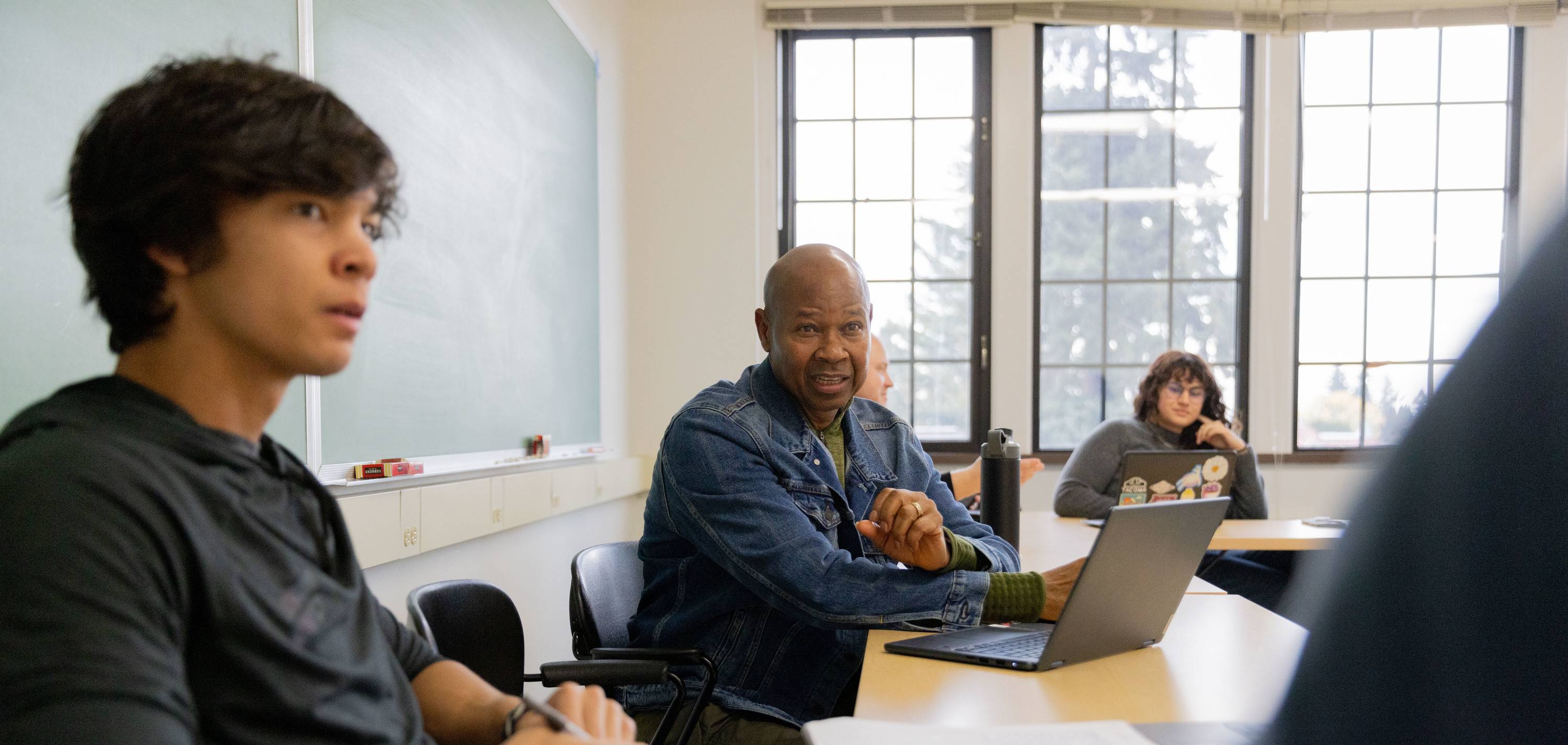Program Description
Public Health takes a transdisciplinary approach to health promotion, disease and injury prevention, and population protection. At Puget Sound, students in the Master of Public Health program learn and practice foundational skills that will prepare them for an impactful career in the field of public health. Students will have the opportunity to take classes such as Health Promotion, Global Health, Program Planning & Evaluation, and Environmental Health. Our program offers a unique experience in which students can obtain a Master of Public Health degree at a small liberal arts university, which creates a holistic, evidence-based approach to community engagement. Our program’s small student-faculty ratio ensures a learning environment in which students, faculty, and staff develop strong bonds, allowing for a personalized educational experience.
The mission of the University of Puget Sound MPH program is to prepare culturally responsive graduates who promote health equity and community wellness, and work to prevent injury and illness. The program fosters students to develop a passion for life-long education, research, and public health practice that is transdisciplinary, translational, and undergirded by active critical reflection. Graduates employ a diverse set of theoretical orientations in parallel with multiple sources of evidence to make sound professional judgments, resulting in science-based and creative solutions to the challenges of public health issues that impact diverse populations. The program will engage students in an experiential-based learning environment where they collaborate with academic and professional public health partners throughout the Pacific Northwest.
This MPH program at Puget Sound (1) aligns with our institutional mission and philosophies, including fostering critical thinking, apt expression, social justice and community engagement, (2) builds on our expertise in providing excellence in health professions education and, (3) reflects our deep commitment to being community- and service-centered, and (4) will prepare professionals to provide our region with high quality public health care.
What You’ll Learn
The MPH program at Puget Sound emphasizes the following key learning competencies:
- Evidence-based Approaches to Public Health
- Public Health and Health Care Systems
- Planning and Management to Promote Health
- Policy in Public Health
- Leadership
- Communication
- Interprofessional Practice
- Systems Thinking
In addition to the key areas of learning expected of graduates of MPH programs, the MPH program at Puget Sound develops competencies in general public health and health equity consistent with the mission of the program. University of Puget Sound MPH program competencies:
- Evaluate the pathways from environmental influences to health inequities in population health through the lens of social determinants of health.
- Apply ethical principles to decisions in public health practice.
- Effectively communicate complex public health information through data visualization techniques to lay-audiences.
- Synthesize evidence to identify health disparities and their root causes in populations.
- Consider historical, socioeconomic and cultural contexts to design effective and culturally responsive global health interventions.







